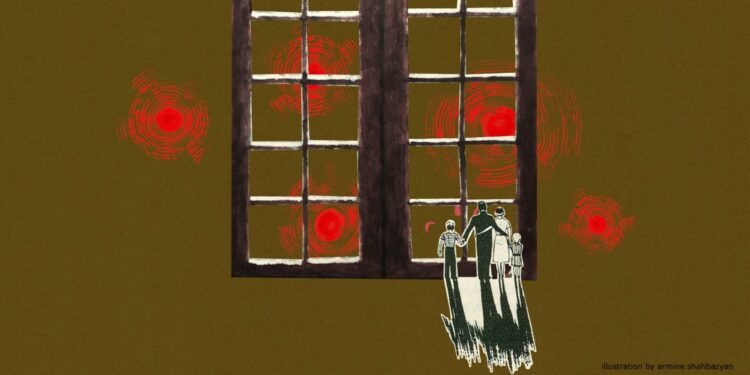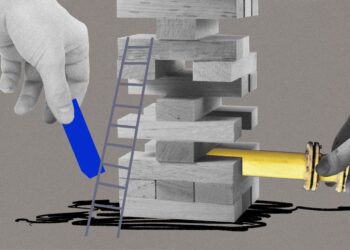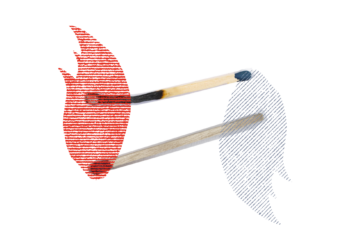Opinion
How the War in Ukraine Intersects With the South Caucasus, Part I
The interplay between two conflicts, one in Eastern Europe, the other in the Caucasus provides a global dimension to the issues they contain. Beyond the common space-time matrix, what can we learn from what lies at the nexus of these two conflicts?
Armenia-Diaspora: Inclusion, Strategy and Methodology
While the actors have changed and the Old World framework was replaced by a New World format comprised of 21st century individuals, the recent Global Armenian Summit missed the mark, writes Gaidz Minassian.
Armenian Migration Policy: Can a Non-Armenian Academic’s Observations Be of Any Use?
Suddenly Yerevan felt like Europe in the 1930s or 1940s: a crossroads, full of people from different places, with different histories, living with different temporalities of trauma related to different conflicts, and the sense that everything could change in a moment.
For Armenians, the Time for Introspection Is Now
An existential crisis has erupted within the Armenian public discourse since the defeat in the 2020 Artsakh War. Gaidz Minassian argues that “all for the state and the state for all” must be the slogan of Armenians in the 21st century.
We Have No Alternative But Self-Interest, Self-Reliance, Self-Confidence and Consolidation
Pursuing peace is a noble and vital objective, but only when it is genuine. Azerbaijani and Turkish rhetoric about peace is anything but convincing at this moment. Lopsided peace is unsustainable and fragile and will not work if it is pursued at our expense.
It Has to Be Said: “Freedom Lies in Being Bold”
There’s a sense of powerlessness among the Armenian people surrounded by two states—Azerbaijan and Turkey—whose sole intention appears to be our annihilation. But we are not powerless if we remain vigilant, rational and resolute.
The Security Council and the Armenian-Azerbaijani Conflict: A Warning or a Green Light for Baku?
On September 15-16, at France’s request, the UN Security Council dealt with the Armenian-Azerbaijani conflict for the first time since 1994. As uncertainty reigns, all options are on the table, even the darkest—that of a renewed aggression by Baku.
Armenia’s Impossible Position
For years, the EU did nothing to reign Putin in. Finding an alternative for its energy needs, the EU traded one gas supplier waging a genocidal war of aggression—Russia, with another—Azerbaijan.
Name the Aggressor
Following Azerbaijan’s latest attack, this time against Armenia proper, international actors are calling on both sides to de-escalate the situation. Bothsidism in this context is ridiculous, tiresome, and shameful. Not naming the aggressor or who is benefiting from violence is not a neutral act. It is not telling the truth.
Armenia’s Place in the Post-Western World Order
Armenia hasn’t participated in any multilateral connectivity initiatives in the South Caucasus since independence, primarily due to the war with Azerbaijan. Since the 2020 Artsakh War, new projects are taking shape—again without Armenia’s participation.












